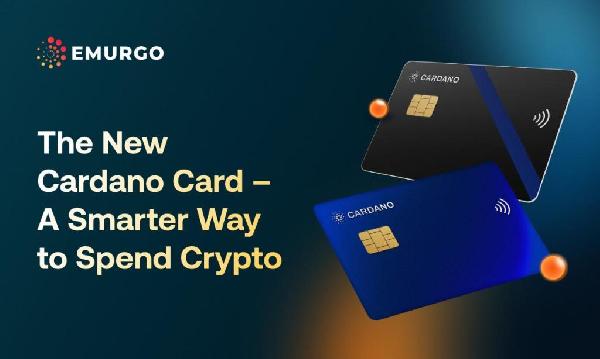A U.S. Appeals Court overturned the conviction of a former OpenSea product manager Thursday, blowing a hole in what had previously been the most prominent conflict of interest-related crypto industry prosecution in the United States to date.
The Manhattan-based appeals court found that prosecutors in the initial trial of Nathaniel Chastain were improperly allowed to argue that Chastain’s decision-making about what NFTs were featured on OpenSea’s homepage constituted “property” of the company.
Chastain was found guilty of wire fraud and money laundering for manipulating his knowledge of what NFTs would be featured on the marketplace’s landing page to enrich himself. He was sentenced to three months in prison. At the time of Chastain’s arrest for the charges in 2022, the U.S. Department of Justice touted the case as the “first ever digital asset insider trading scheme.”
The appeals court ruled that Chastain’s decision-making about what NFTs should feature on OpenSea’s homepage did not constitute a traditional property interest of the company.
That doesn’t mean Chastain’s conduct was not still potentially criminal. It means that, as Chastain’s attorneys later argued on appeal, he should have faced a different criminal charge, such as fraud based on unethical business dealings.
“A note from the jury suggested that it believed that OpenSea did not view the featured NFT information as confidential but that Chastain acted unethically by trading on the information,” the appeals court wrote in its decision today.
“Under these circumstances, we cannot say that the jury would have reached the same verdict if it had been properly instructed that fraud requires the appropriation of a property interest rather than unprofessional business conduct,” the court continued.
The appeals court also took issue with how the district court overseeing Chastain’s prosecution handled potential testimony about OpenSea CEO Devin Finzer, who allegedly purchased crypto assets, including Polygon‘s native token, prior to public announcements about the Polygon network‘s integration with OpenSea, according to court documents.
Finzer signed a confidentiality agreement regarding such deals but bought the assets in question anyway, though testimony about such purchases was ultimately deemed irrelevant and inadmissible by the district court, court documents stated.
“If Finzer, as the representative of OpenSea who signed the confidentiality agreement, did not care about the confidentiality of the featured NFT information, it would suggest that OpenSea lacked a commercial interest in its confidentiality,” the appeals court ruled today.
The case now kicks back to its initial district court (also in Manhattan), where it will undergo “further proceedings” consistent with the appeals court’s decision today.
Your Email








